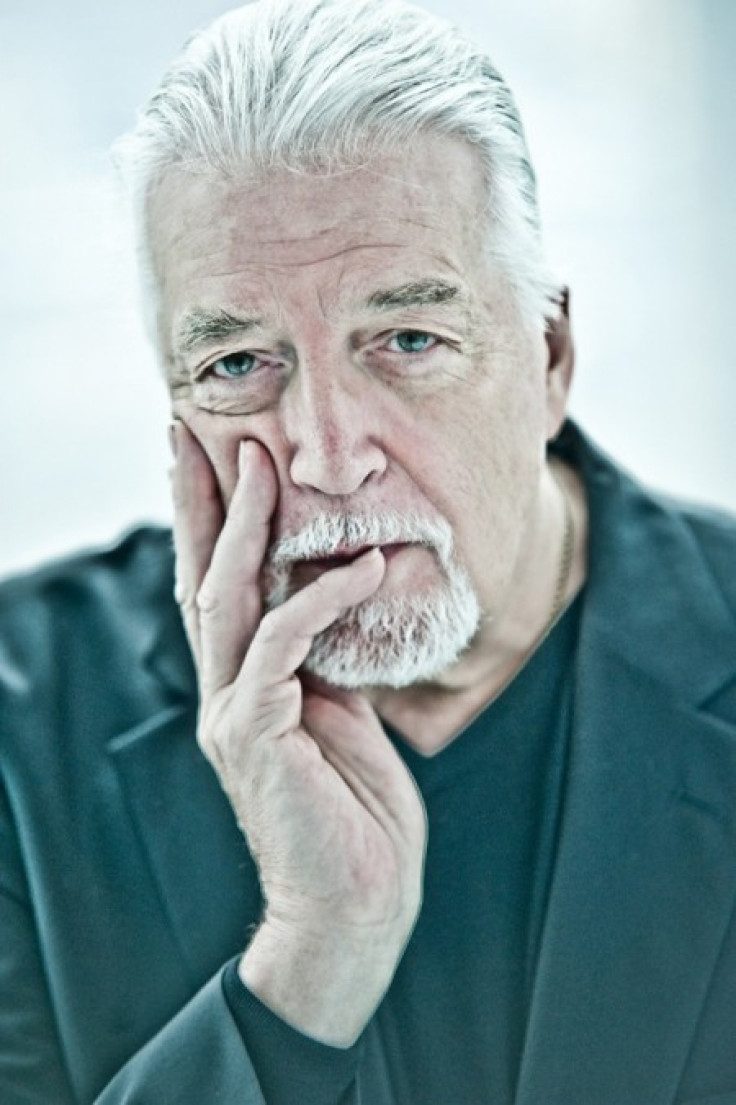Another One Bites The Dust: Death Of Jon Lord Reflects The Vanishing Hippie Generation
OPINION

Jon Lord, the founder of the hard rock group Deep Purple, died on Monday at the age of 71 in London from pancreatic cancer. Formed in 1968, the group sold 150 million albums over the duration of their career – their repertoire includes such classic songs as ‘Smoke On The Water’ (which Lord co-wrote).
Although Lord was not as famous as some of his more illustrious contemporaries, his passing suggests that the generation of British and American musicians who created the extraordinary generation of music and pop culture changes during the 1960s are now dying off.
Of course, some of the luminaries from that period died very young as a result of their own self-destructive personal habits (Jimi Hendrix, Jim Morrison, Keith Moon, Brian Jones, Janis Joplin, etc.); and others died from tragic violence (John Lennon).
But Lord died from complications of disease and old age – that is, the mundane reasons that claim the lives of us ordinary folks (not the kind of death one would expect from rock stars).
I did a quick survey of the biggest 1960s rock stars on the planet -- and it was sobering to realize that they will all be gone within a decade, if not sooner.
Two of the Beatles are already dead; the remaining members, Paul McCartney and Ringo Starr are both past 70. The two surviving members of The Who – Pete Townshend and Roger Daltrey -- are 67 and 68, respectively.
Surprisingly, most of the wild-living original Rolling Stones are still with us – they range in age from the 68-year-old Keith Richard to the 75-year-old Bill Wyman (yes, he’s 75). Brian Wilson of the Beach Boys is 70, while the notorious bad boys of Led Zeppelin, Robert Plant and Jimmy Page, are 68 and 63, respectively.
Among other prominent rock musicians from that golden area, Eric Clapton is 67, while David Bowie and Elton John (who were actually stars from the 1970s) are a ”youthful” 65.
Watching rock stars – who are supposed to be synonymous with youth, beauty and recklessness -- grow into old age is disturbing to those of us who have followed their careers since our own youths. Rock and roll is about staying young – seeing a wrinkly, stooped old man “rocking out” contradicts the very idea of such music.
It’s different with other types of music, of course. Frank Sinatra, Bing Crosby, Dean Martin and Louis Armstrong all aged gracefully – perhaps because they never changed their styles and they seemed very mature in their earlier incarnations.
But for the generation that produced music in the 1960s, their careers were intertwined with the political upheavals and sexual liberation of the era – thus, they were forced to remain permanently youthful and ‘relevant’, no matter their age.
© Copyright IBTimes 2024. All rights reserved.











